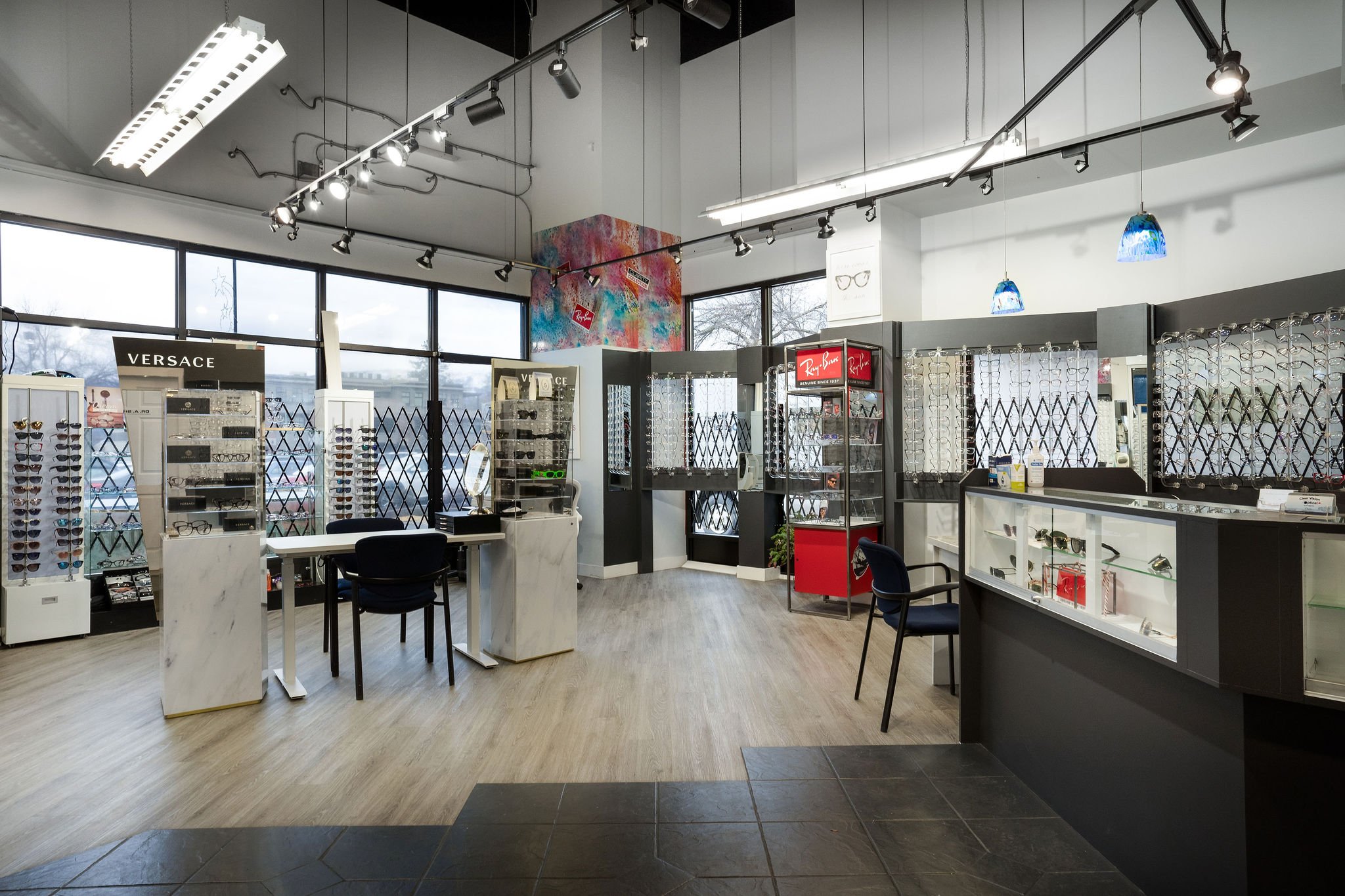
WHAT TO EXPECT
We rely on our sight in all aspects of daily life, and therefore, an eye examination is essential to monitor eye health and maintain the best vision possible.
We strive to provide the most thorough eye examinations using the latest technology and equipment, so you --the patient-- have full confidence in our findings and recommended management.
What To Expect At Your Eye Exam
Our eye examinations usually last about half an hour, however, we will advise you if any extra specific tests are required and how long these may take.
We have a general routine that we perform for every patient, but we recognize every patient is an individual and the optometrist will tailor the examination to your unique needs guaranteeing you a thorough and smooth examination, so you can relax.
In addition to including all tests necessary to test your sight and check for new vision requirements, we also check for any potential eye disease such as Glaucoma, Cataract, Macular degeneration to name a few.
Our equipment includes a refractor keratometer and a non-contact tonometer. This means even small abnormalities can be detected, recorded, and compared in future checks. When combining this with modern examination techniques, we can ensure all is done to help prevent unnecessary deterioration to your sight and eye health. Other tests we will
carry out include binocular assessment (how well the eyes work together),
peripheral visual field analysis, and intraocular pressure measurement.
The optometrist will always explain the results of the various assessments, and
you will be given every opportunity to ask any questions you may have. The
recommendations given at the end of the eye examination by the optometrist will
take into account factors such as your working environment, lifestyle, and any
leisure pursuits you have, so we can meet your visual needs in the best
possible way.
How often should one have an eye examination?
We advise regular eye examinations for everyone including children even
when you are not experiencing any difficulties. In accordance with national
guidelines the recommended intervals are set out in the table below:
National guidelines for eye tests
1: Aged 15 years or below: Every year
2: Aged 16 to 59 years: Every 2 years
3: Aged 60 years and over: Every year
4: Diabetic and Glaucoma patients: Every year
5: Aged 40 years or over with an immediate relative with Glaucoma: Every Year
The above are general guidelines, however, if clinically required, an eye examination may be advised more frequently; the optometrist will advise you if this is the case.
Please, contact us if you have any inquiries or questions about our eye
examination and related issues, we would be most happy to advise you.


